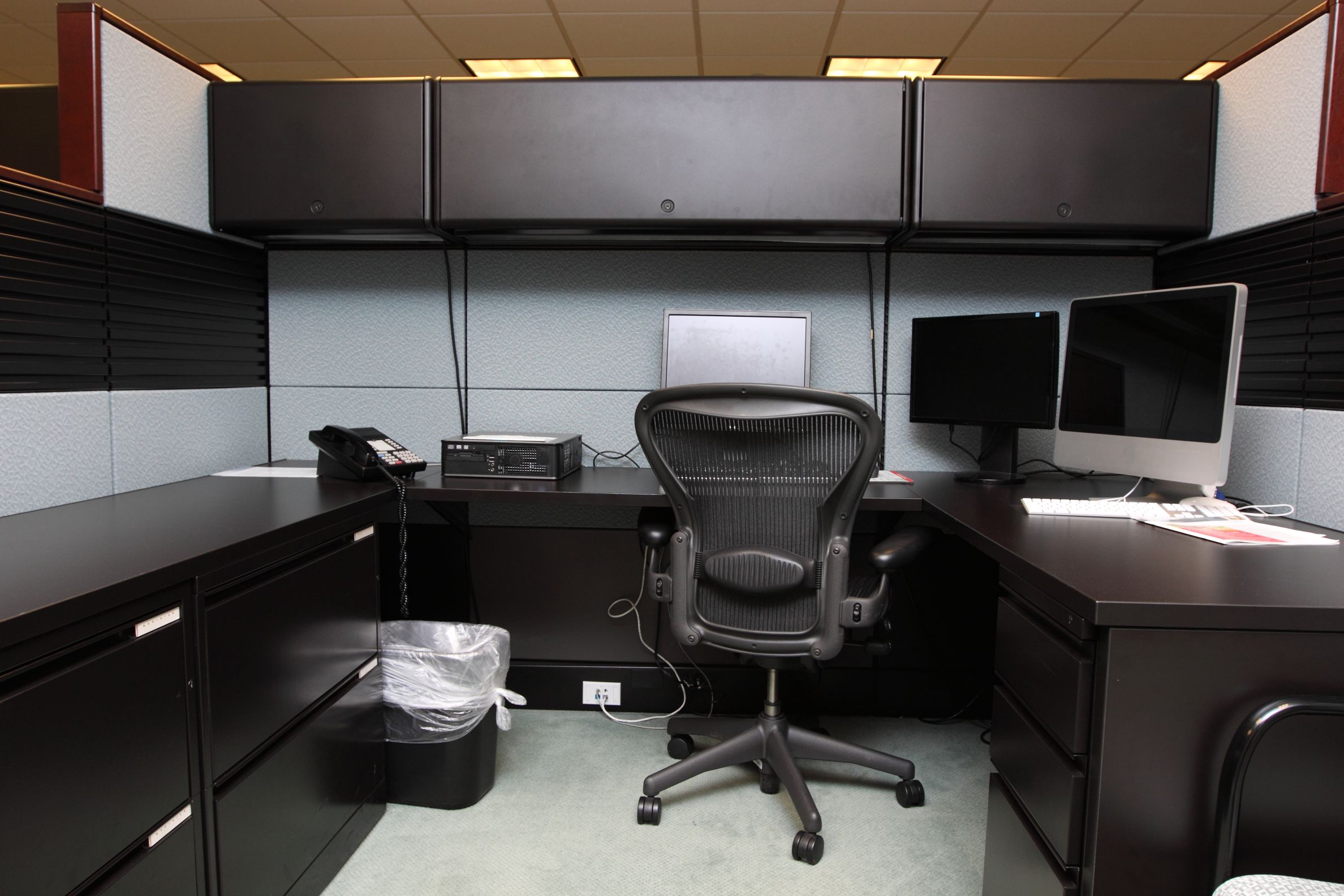Finding Best Offsite Server - Advantages and Disadvantages
Web hosting allows you to make your site accessible through the World Wide Web. The different types of hosting are free Web hosting, shared Web hosting, reseller Web hosting, virtual dedicated/private server, dedicated hosting, managed hosting, colocation Web hosting, cloud hosting, clustered hosting, grid hosting, and home server. Some of these hosting services feature onsite servers (such as home server) while others feature offsite servers (such as collocation Web hosting and shared Web hosting).
Most people opt for offsite servers. Knowing the advantages and disadvantages of these servers will help you make an informed decision. Finding best offsite server is advantageous in that you will only pay for the resources you use. With an on-site server, you will have to pay for resources day and night, all year round, even when you do not need them. Different people will be paying for the server if you go for such options as shared servers. This is important because it means there will be more money for maintenance and security measures. It also means higher5 specifications such as quad core processors and high RAM. This reduces the risk of CPU overload and consequently server crashing.
An offsite server saves you money since you do not have to dedicate a room for the server. This means you have a flexible business location. A server room is expensive to maintain because you have to spend a lot of money on security, power backup, and cooling. Only fixed business premises are suited for such servers.
Another advantage of finding best offsite server is that you will not be responsible should anything go wrong such as a fire. There is greater reliability because the management of the server is handled by a professional. Server reliability is important because the consequences of your website being down for only a few hours can be devastating (you will lose clients and potential clients to competitors and this will damage your reputation).
You will get unparalleled convenience since you will not be the one handling support and maintenance. Not having to manage the server is advantageous in that you can concentrate on running your business. Note that with dedicated server hosting, support is usually limited to VPS rebuilds and rebooting - you have to do everything else yourself. The support staff available to you will give you valuable advice on how to maximize your online presence.
The greatest disadvantage of offsite servers is that you will not have direct supervision. If the server is not managed properly, there is a risk of such things as being hacked or being accessed by a 'spam' user. You will also not have peace of mind knowing there is always a risk of something happening.
If you are sharing the server, another disadvantage is that you will always be at the mercy of the other people you share the server with. The actions of others such as the hosting of illegal site means you will be at risk of the whole server getting taken down by the authorities. Sharing resources also means scalability is not easy.
It is not always easy to locate a data center to locate your offsite server or to share a server. One way of finding best offsite server determining what other nearby companies are using. You could join an online discussion forum or any other online community for tips. You could also read reviews in tech magazines and on review websites. Reviews are particularly important because they give you the advantages and disadvantages of different locations.
An off-site server is a good option if you are a small- or mid-sized business, but you can probably afford to maintain an on-site server if you are a big corporation or institution. An on-site server is particularly a good idea if you deal with sensitive data.
Category: Computer Facilities Management Services
Business News
Popular Posts
- Universal Pursuit of Happiness - Wisdom from World Religions
- Overcoming Ego and Self-Centeredness - Lessons from World Religions
- Transcending Materialism - Spiritual Practices from World Religions
- Overcoming Prejudice and Intolerance - Guidance from Global Faiths
- How Mind Balance Can Improve the Mindsets of Employees
- Interfaith Insights by 1WorldPeace - The Top 100 Universal Beliefs in Global Spirituality
- Bridging Beliefs - Finding Common Ground in Love and Respect
- The SmartGuy Vision - A United Future Through Interfaith Love and Respect
- A Cautionary Vision - The Grim Future of a Divided World Without Love and Balance
- A Tapestry of Faiths - Exploring the Common Threads in World Religions
- Fostering Harmony Among Christianity Islam Buddhism Hinduism and Judaism
- Preparing Kids for Adulthood - 15 Vital Skills They Wont Learn in School
- Navigating Diversity - Jerusalem's Tactical Approach to Interfaith Harmony
- Clearing Mental Plaque: The Path to Enhanced Communication and Divine Connection
- Why Return to Jesus Christ and the Church
- Top 50 Ways to Live Longer
- Adventurous Romance -The Key to Enhancing Relationship Chemistry
- Pork Tenderloin with Mustard Cream Sauce
- Navigating Technology and Media for Optimal Mental Well-Being
- Understanding the Link Between Mental Health and Substance Abuse
